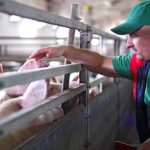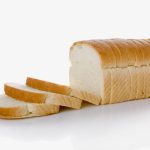
Comment

Cropping with wonky weather
It’s time to start farming in a way that can absorb weather curve balls

Comment: The sniff test is not reliable for food safety
While the nose can detect spoilage in things like milk, there is no olfactory hint for nasties like salmonella

Comment: Clock ticking south of the border
Anti-work, anti-freedom U.S. Congress needs more work, more freedom

Comment: Agriculture: our rich uncle
Agriculture is an economic powerhouse, but only if policy makers let it be

Comment: How microplastics are making their way into our farmland
Across nine provinces and 22 wastewater treatment plants, the problem was universal

Comment: Show me the money
Canada Bread penalty raises questions about criminal fines

Comment: War is expensive both on and off the battlefield
However you describe it, war is expensive. For some, it’s extremely profitable, too

Comment: Horse health research will help humans stay healthy too
The body of work can provide insights on reining in issues like diabetes and obesity

Comment: Why Russia pulled out of its grain deal with Ukraine
What does the move mean for the global food system?

Comment: Lack of competition makes for sick market
Increasing monopoly power poses a threat to Canada’s post-pandemic economic recovery


